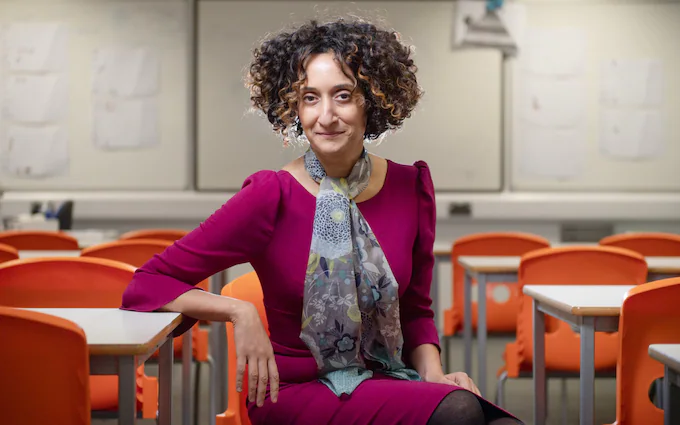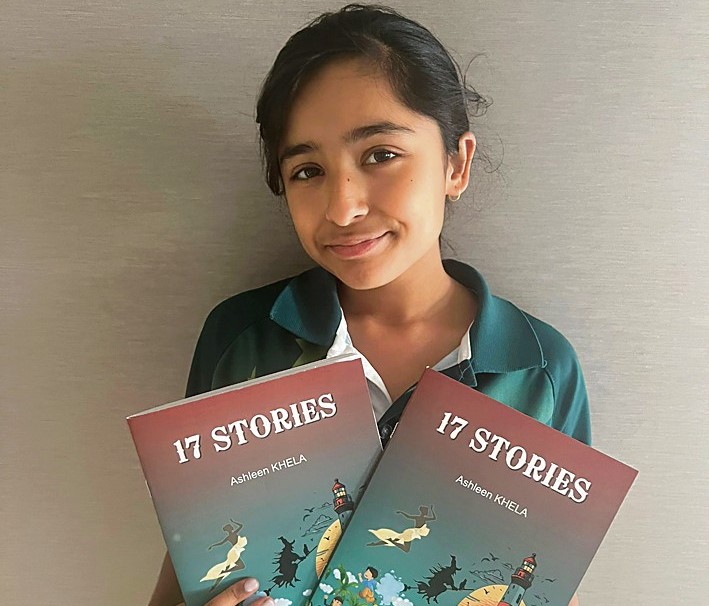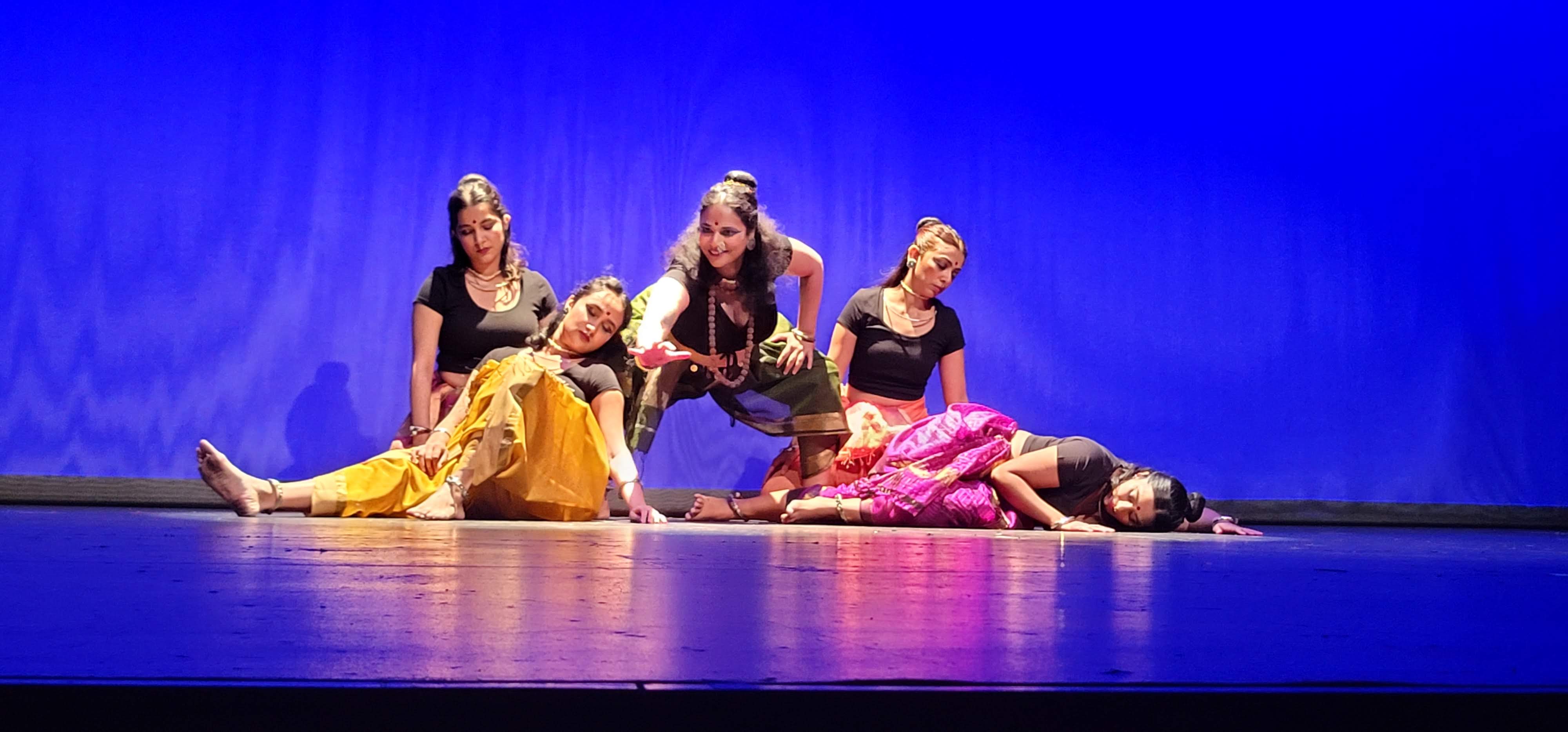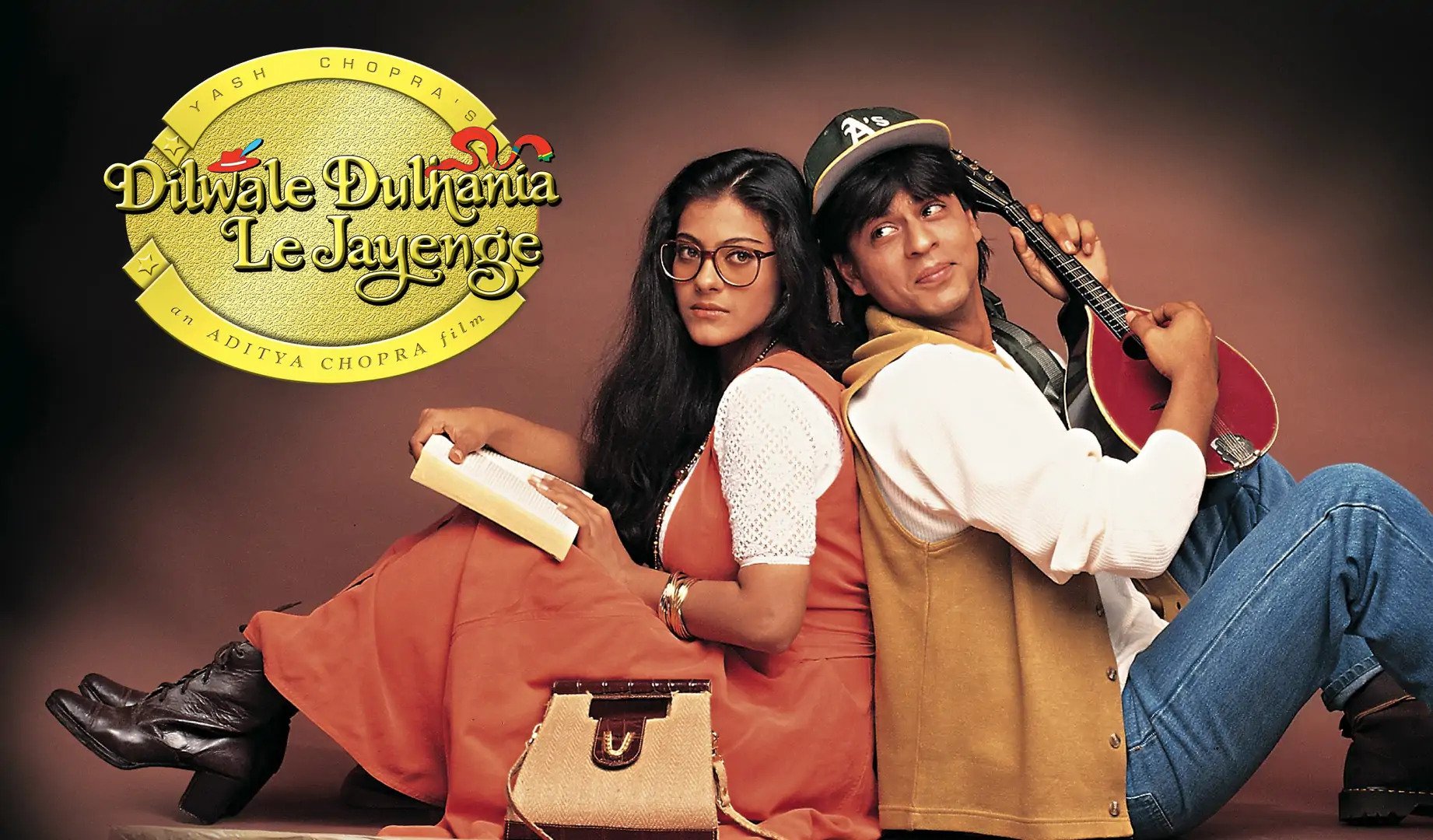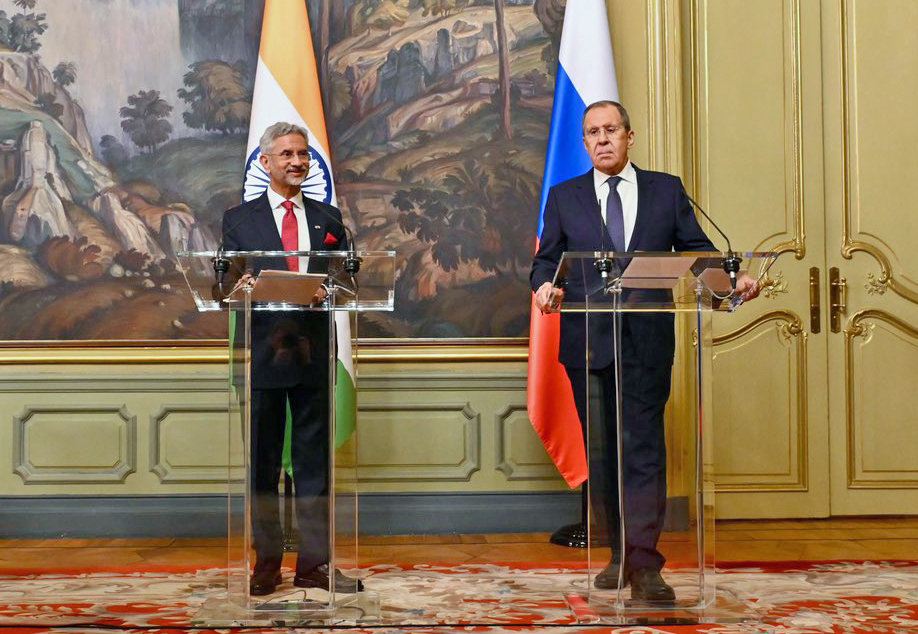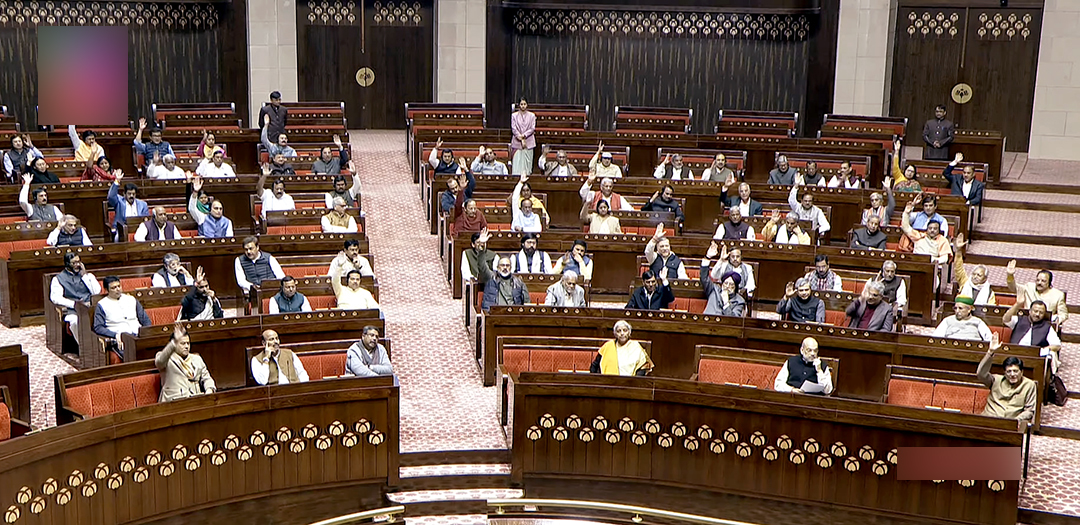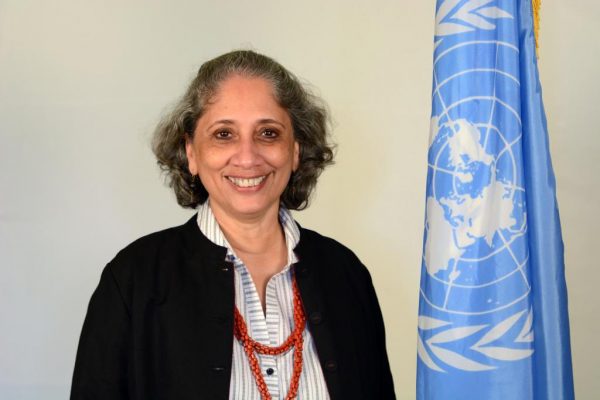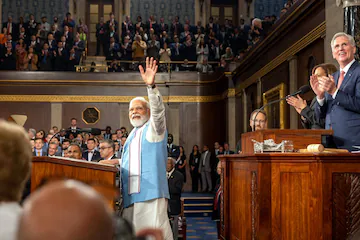Our Bureau
Washington
An Indian-origin school principal, often referred to as “Britain’s strictest headmistress”, welcomed a UK High Court ruling that upheld her ban on prayer rituals after a Muslim pupil sought to legally challenge it as discriminatory. Katherine Birbalsingh, headmistress of Michaela School, a “secular” secondary school for boys and girls in Wembley, north London, did not allow religious prayers in keeping with its ethos of promoting an “inclusive environment”.
While half of the pupils at the school are Muslims, it also has large numbers of Sikh, Hindu and Christian pupils.
“As the Governing Body is aware, the School does not provide a prayer room for use by pupils, for various reasons. These reasons include that a prayer room would foster division amongst pupils, contrary to the School’s ethos, lack of available space and available staff to supervise pupils and that pupils would miss important School activities, including during the lunch break if they were to spend time in a prayer room,” Ms Birbalsingh told the court.
“Unacceptable segregation or division, contrary to the whole ethos of the school, was taking place as a result of permitting prayer. An intimidatory atmosphere was developing. Our strict disciplinary policies, on which the ethos and great success of (the) School is based, were at risk of being undermined,” she said.
Justice Thomas Linden ruled in the school’s favor, “In my judgment, the starting point is that the School was right to take the view that the issue was whether to permit and facilitate ritual prayer indoors: in effect, to reverse its longstanding policy of not providing a prayer room,” the judgement read.
In a statement following the ruling, Birbalsingh said it was a “victory for all schools” and of the “robust yet respectful secularism” principles on which the school she founded in 2014 is run.
“A school should be free to do what is right for the pupils it serves. The court’s decision is, therefore, a victory for all schools. Schools should not be forced by one child and her mother to change its approach simply because they have decided they don’t like something at the school,” she said.
The High Court in London found that the prayer ritual ban was lawful under Article 9 of the European Convention on Human Rights (ECHR) and Section 19 of the Equality Act 2010. The Muslim pupil, who cannot be named for legal reasons, had argued that the school’s ban “uniquely” affected her faith due to its ritualised nature. She has since said that while she lost, she felt she did the right thing and now wants to focus on her studies.
















